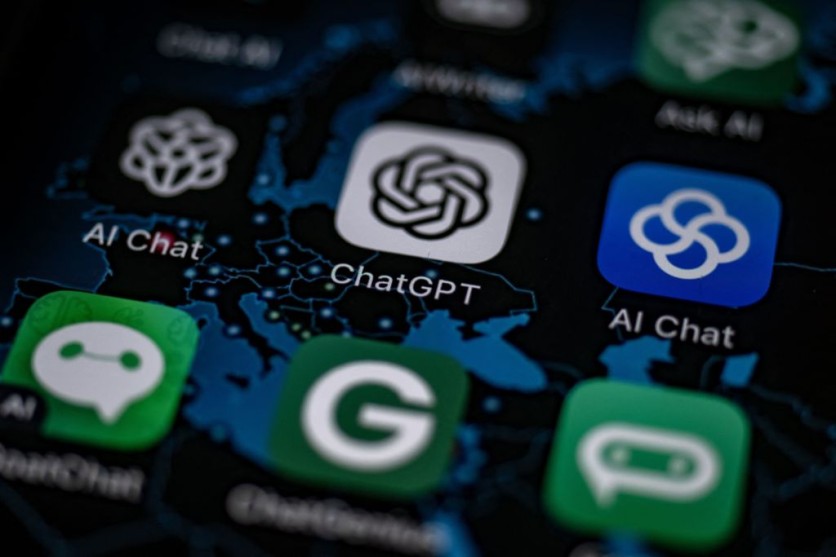The European Union's (EU) AI Act faces uncertainty as disagreement among lawmakers regarding the regulation of advanced AI, including models like ChatGPT, jeopardizes the landmark legislation.
Negotiations focusing on 'foundation models,' such as Microsoft-backed OpenAI, have hit an impasse, posing a risk of shelving the act before the upcoming European parliamentary elections.
Sources said 'foundation models', or generative AI, have become the main obstacle in talks over the European Union's proposed AI Act as negotiators meet on Friday for crucial talks before final talks on Dec. 6, according to Reuters.
The EU Parliament approved the AI Act in June after two years of negotiations. However, discussions on the regulation of foundation models have become a major hurdle as lawmakers from France, Germany, and Italy advocate for self-regulation by generative AI makers, contrary to stringent rules.

The ongoing talks also address issues such as the definition of AI, source code access, fines, and fundamental rights impact assessment. Disagreements persist over the use of AI by law enforcement for biometric identification.
Delayed Action Could Affect Businesses
Kirsten Rulf from Boston Consulting Group highlights concerns about legal uncertainty affecting European industries, emphasizing the need for clarity around the EU AI Act for business as "European businesses would like to plan" for 2024.
With Spain holding the EU presidency until year-end, proposed compromises aim to speed up the process. If no agreement is reached in December, the next presidency in Belgium faces a limited window before potential postponement ahead of European elections.
France's successful persuasion of Italy and Germany to support self-regulation marked a turning point in negotiations, which had previously progressed smoothly. The proposed approach faces criticism from EU officials, AI researchers, and companies like Mistral and Aleph Alpha.
Time previously reported that the influential provisions of the EU's groundbreaking AI Act may undergo dilution as the governments of France, Germany, and Italy advocate for a more lenient approach to regulating potent models, termed foundation models, integral to diverse artificial intelligence applications.
The tech companies would voluntarily disclose specific information about their models and commit to codes of conduct.
Initially, non-compliance with these rules would not incur penalties, although future violations could lead to consequences.
Significance of the EU AI Act
The EU AI Act represents a pioneering global legal framework for the AI sector. In contrast to the U.S. government's executive order on AI, which lacks clarity on enforcement, the EU Act outlines potential fines based on global revenue.
This move may necessitate major tech players like Microsoft, Google, and Amazon to align their strategies with EU requirements.
The Brussels Effect, wherein EU rules often become the de facto international standard, is anticipated to influence these tech giants, similar to their adjustments to the GDPR or General Data Protection Regulation, the EU's harsh privacy law.
Historically, the EU has taken an adversarial stance against US technology giants, imposing substantial fines and enacting comprehensive legislation on digital markets.
Rather than succumbing to calls for a pause in AI development, the current EU AI Act introduces a flexible approach through a sliding scale of requirements, as per a report from Barron's. This allows existing AI leaders to continue innovating but may impose additional costs, potentially challenging startups.
The draft AI Act emphasizes heightened regulation for the next generation of foundation models. This category includes anticipated future versions of Microsoft-backed OpenAI's GPT, models from Google and Meta Platforms, and US startup Anthropic, backed by Google and Amazon.
Related Article: OpenAI's ChatGPT Marks First Anniversary, Emerges as Fastest-Growing Consumer App in History

ⓒ 2025 TECHTIMES.com All rights reserved. Do not reproduce without permission.




